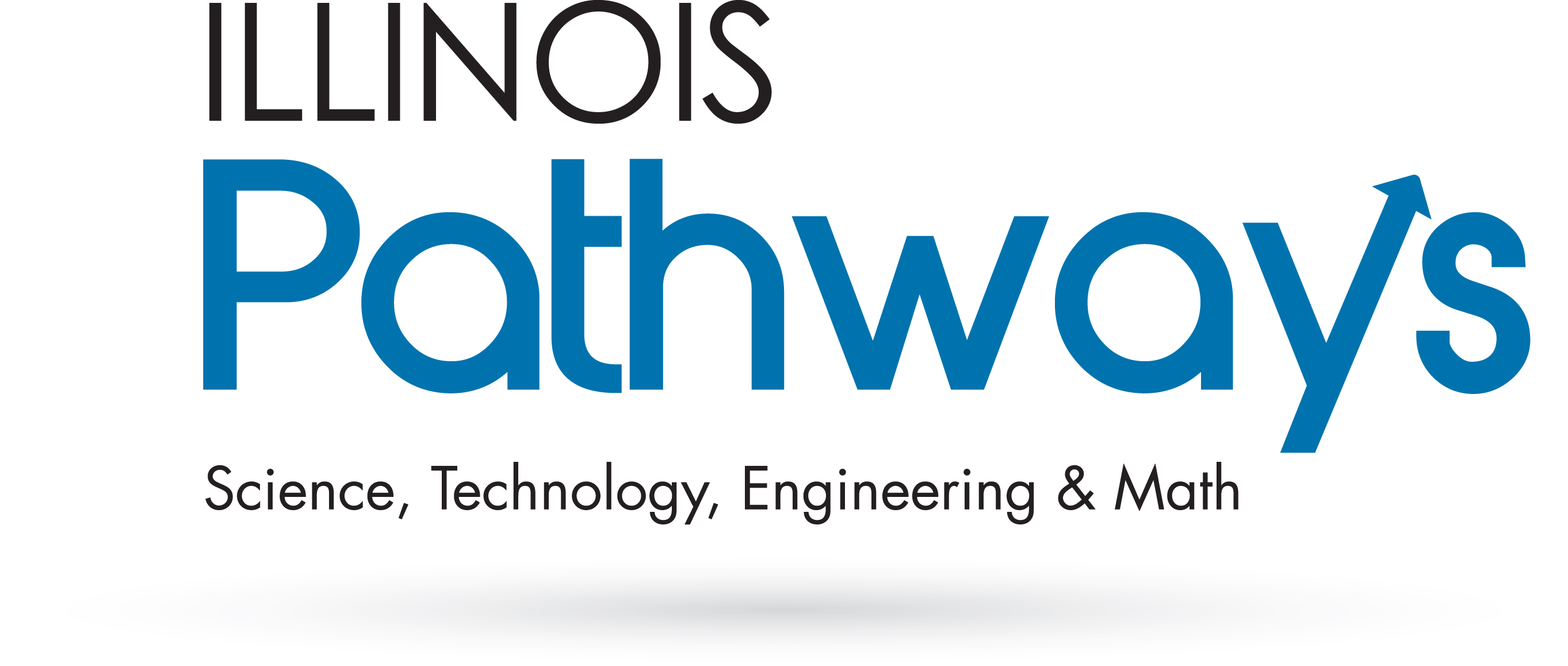
The employment landscape is shifting. Education must be more relevant to the real world, and resources and investments must be coordinated in a way that makes sense to industry partners. Complimentary community and state-level approaches are needed to achieve this.
Illinois Pathways was launched in 2012 to respond to these changing education and employment dynamics.
Key Strategies of Illinois Pathways:
Support local career pathway systems development that empower students to explore academic and career interests in STEM through new and existing community and state networks.
Creation and support of statewide, public-private partnerships known as STEM Learning Exchanges that create partnerships between schools, industry, state government, and nonprofits, better-coordinating investments, resources, and planning in a particular industry cluster.
Illinois Pathways is built off the National Career Cluster Framework and supports career pathway systems in eight STEM application areas:
